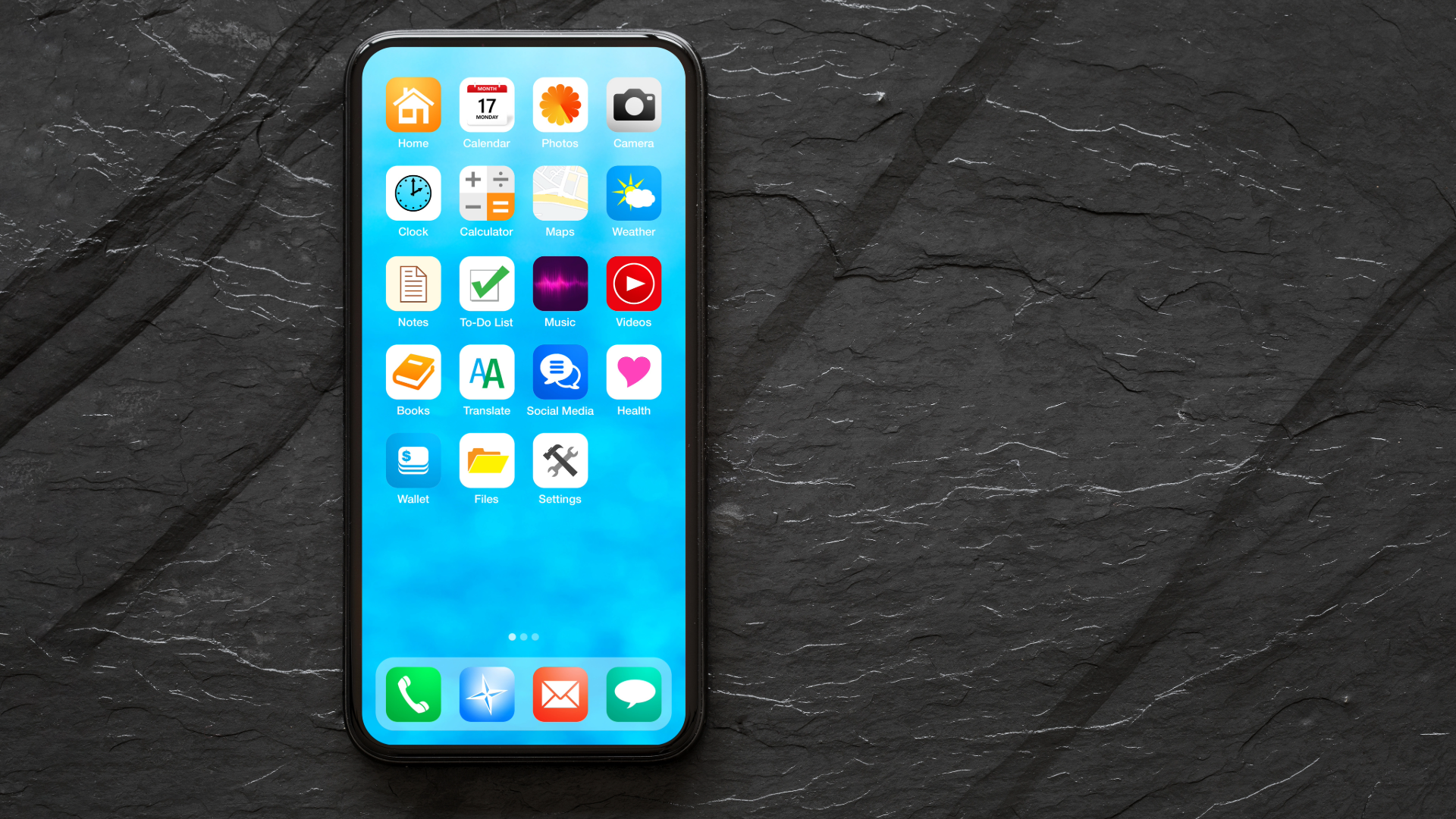Term vs. Whole Life Insurance
Do you know the difference between term and whole life insurance?

The primary difference between term life insurance and whole life insurance lies in their duration, cost, and benefits. Here's a breakdown:
Term Life Insurance
Duration: Term life insurance provides coverage for a specific period, usually ranging from 10 to 30 years. If the policyholder dies within the term, the beneficiaries receive the death benefit. If the term expires and the policyholder is still alive, the coverage ends unless it is renewed.
Cost: Term life insurance is generally much more affordable than whole life insurance because it only provides coverage for a limited period and does not have a cash value component.
Purpose: Term insurance is often used for temporary needs, such as covering a mortgage, providing for children’s education, or replacing income during the working years.
Renewal: Some policies allow renewal at the end of the term, but the premiums typically increase as the policyholder ages.
No Cash Value: Term life insurance does not accumulate any cash value. If the policy expires, there is no payout unless the policyholder dies during the term.
Whole Life Insurance
Duration: Whole life insurance provides coverage for the policyholder's entire life, as long as premiums are paid. The death benefit is guaranteed to be paid out whenever the policyholder dies.
Cost: Whole life insurance is more expensive than term life insurance because it offers lifelong coverage and includes a savings component.
Cash Value: A portion of the premiums paid into a whole life policy accumulates as cash value, which grows over time on a tax-deferred basis. The policyholder can borrow against this cash value, use it to pay premiums, or withdraw it (though this may reduce the death benefit).
Premiums: Premiums for whole life insurance are typically fixed and do not increase with age.
Investment Component: The cash value in a whole life policy can be considered an investment, although the returns are generally modest compared to other investment options.
Summary
Term Life Insurance is ideal for those seeking affordable, temporary coverage with no investment component.
Whole Life Insurance suits those who want lifetime coverage, guaranteed death benefits, and a policy that builds cash value over time.
The choice between
term and whole life insurance depends on individual needs, financial goals, and budget.
Recent posts



